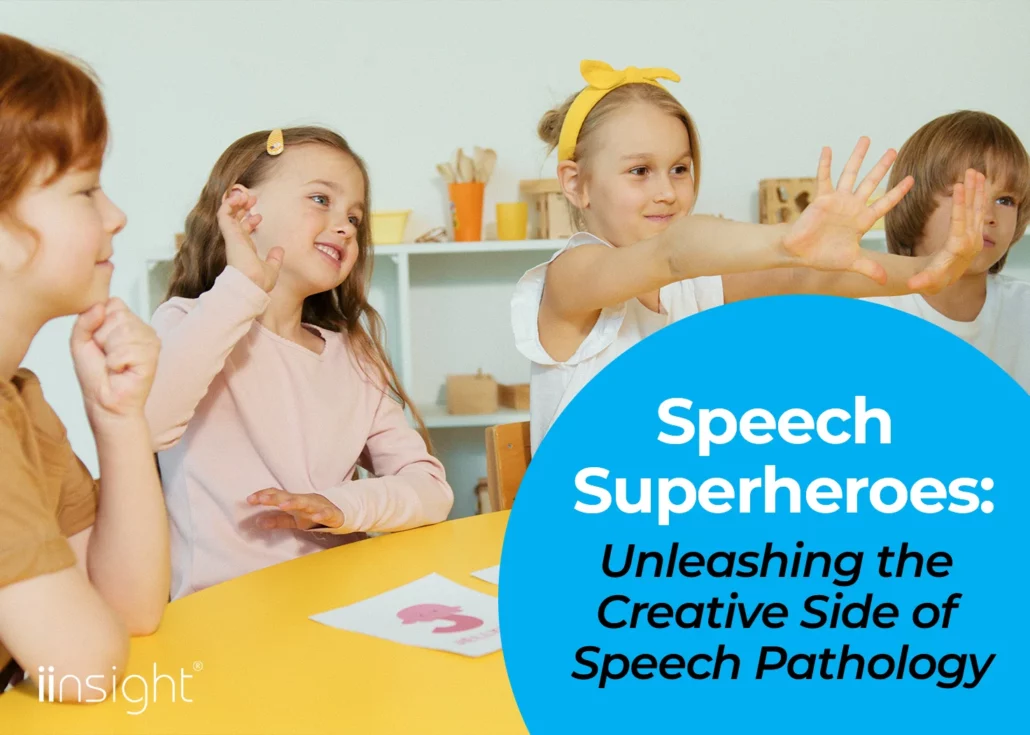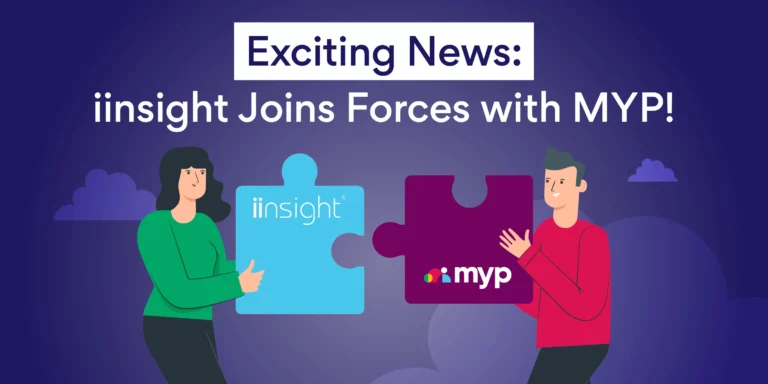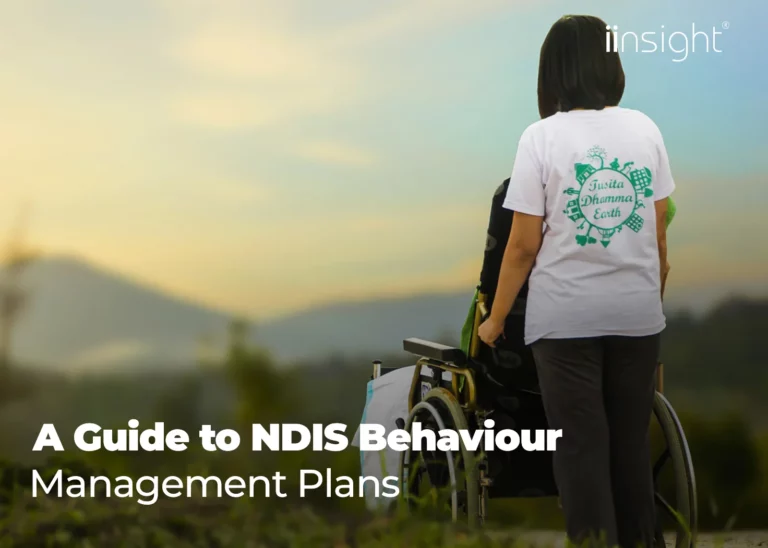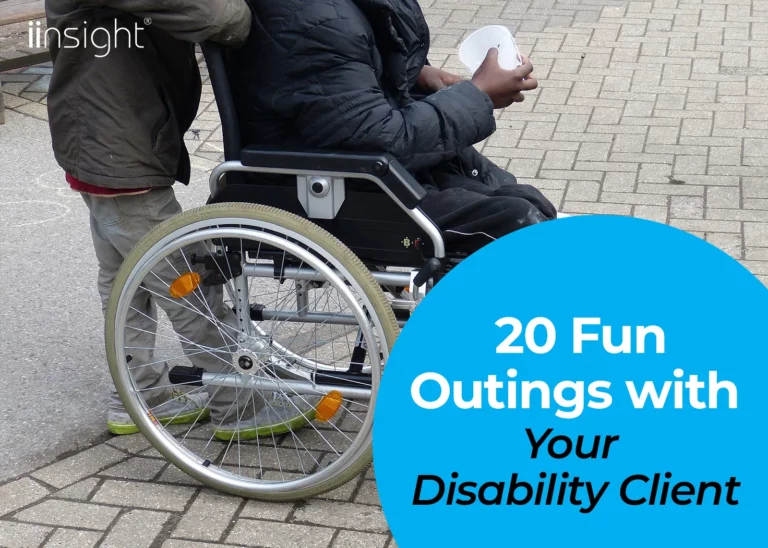One of the biggest challenges of speech and language therapy is keeping your clients engaged. Whether you’re working with children or adults, getting anyone to pay attention to boring exercises and activities isn’t ever going to be easy. Luckily, there are plenty of different games and activities that are fun and creative. They’re much more likely to get people engaged and help them make progress.
Where do you start if you want to get creative with speech pathology? If you want to make your work more exciting for both yourself and your clients, you have a huge range of options. Your sessions can be really fun while promoting communication development. There are so many ideas to inspire you too, so it doesn’t matter if you feel like you’re not very creative yourself. Patients of any age can enjoy your activities if you design them to suit their goals and individual personalities.
Take a look at some of these ideas to unleash your creative side and make your sessions more fun.
Activities and Games for Children
Making your sessions fun for children can feel a lot easier compared to adults. You don’t have to worry so much about being patronising or making things too easy. But creating activities and games for children can come with its own challenges too. You need to make sure they’re age-appropriate and suited to the individual child.
If you’re working with children, try these ideas to get them engaged in play and activities to promote speech development.
I Spy
Lots of games don’t require any special equipment to make them fun. And you don’t have to make them up, either. Everyone knows how to play I Spy, and it’s a great game for encouraging the development of several aspects of speech. It promotes sentence fluency and speaking in turns, among other things. The clues given when playing don’t have to be based on letters, so there’s no need for younger patients to know the alphabet. Hints can include things like colours, shapes, sizes, or sounds.
Word Search
Word search puzzles can be fun for slightly older children. Each time they find a word, you can ask them to say it out loud. You can find lots of word searches that are appropriate for different ages. Get some online and print them out or make up your own if you want to hide specific words. You can use an online word search maker to make this a quick task.
Make Use of Storytime
If you have a student who loves books, there are lots of great ways to make use of stories. You can read a story aloud and ask children to do one of a few different things as you do so. Get them to raise their hand when they hear a target sound. Purposefully pronounce sounds incorrectly and ask them to give a thumbs up or thumbs down if they think it’s correct or incorrect. These can help with discriminating between correct and incorrect sounds. You can also use flashcards and get them to identify target words when they hear them by holding up their cards.
Feed the Animal/Character
Creating your own teaching materials gives you the chance to build up some reusable resources. This game just requires a box and a printout of an animal or character. Cut a hole in the box and the animal/character’s mouth, then stick (or velcro if you want it to be removable) the printout onto the box. You can laminate the character to make it more durable. Now when the child performs their target goal, they get to feed the animal with a picture of their food. Cut out some fish for a penguin or bugs for a frog.
There are so many different characters and animals you can use, and different ways to make this fun and creative! If there’s a particular character that you know a child likes from something (Paw Patrol, Frozen, Bluey), you could use that character too.

Get Crafty
As well as doing your own crafts, it can be really fun to get kids involved in their own crafting. It’s a good chance to talk about different topics and make some fun things. You can use the craft as motivation to complete some targets and work towards some goals. For example, maybe you’re creating a Christmas decoration. With each completed target, the child gets another piece to craft their decoration. When the session is finished, they have something they’ve made to take home.
Activities and Games for Adults
Coming up with creative activities for adults might seem more difficult. You don’t want it to seem like you’ve just pulled out some children’s games. But there are still lots of activities and games that can be fun and engaging for adults and help them fulfill their goals.
Heads Up
Games that are played with friends and family are an easy choice if you’re looking for something fun that’s suitable for adults. They work for all ages, and they can be adapted to different people too. Heads up is a game you can play with just paper, or you can download a mobile app to make it more high-tech. One person has a word or phrase (on paper or on their phone) that they hold to their forehead and the other person has to give them clues to help them guess what it is.
Word Association
Word association is more than just a fun improv warm-up. It can also be great for speech and language students. One version of this is to say words and have your client say the opposites of these words. It can be a good way to encourage word finding and helps to promote speaking in turn too. You can also do a more general version of word association that involves saying the first word that comes to mind that’s associated with the last one.
Sound Game
When you want to target a certain sound, try a game where you have to use that sound as often as possible. Set a challenge to come up with sentences that use that sound multiple times. They could even turn into tongue twisters to make them even more challenging. This game can help with pronunciation and can also encourage word finding.

Filling in and Using a Calendar
Using a calendar is something that most adults can engage with and find pretty useful. It might not be the most fun activity, but it can help them with a lot of speech skills, as well as cognitive skills. Start with a blank monthly calendar and have them fill it out with events, activities, or any other relevant information. You can ask questions, from what date it is to what’s happening during the month. Reading the calendar is another chance to practise a few different speech skills.
Board Games
Lots of board games can be fun to play with older speech pathology clients. Although it doesn’t take a lot of creativity to get some board games, you can come up with creative ways to use them. If you have a selection of games (and maybe also a pack of cards), your students can choose what they want to play. Games like Scrabble, Battleships, or Pictionary can all present opportunities to practise different things.
Telling a Story
Creating a story together can be a good way to get people talking. It could work in a group, or it might be something to do one-on-one. Start a story with a few sentences, then get the next person to continue it, then pass it to the next person (or back to the first), and so on. For an extra challenge, you could try telling a story one word at a time. Not only can it get people thinking and practising their speech, but it can also end up being funny when the story goes somewhere unexpected.
Themed Conversation
When working with people in groups, you could encourage conversation by setting a theme. You can even create an activity like planning for an imaginary event such as a party. Encourage everyone to have discussions about related topics, whether it’s what food they like, who they would invite, or what activities they would have. You could include some role-playing or just encourage lots of conversation to get people talking to each other. Of course, you could do this with one person too, although it might be a bit less spirited.
Speech exercises don’t have to be boring for either children or adults. You can get creative and use lots of games and activities for everyone to enjoy. Take time to adapt your choice of activities to individuals or groups, or to the specific goals you need to work on.
Book a Demo with iinsight
Book a demo with iinsight case management software to take control of your speech therapy practice. Our team will guide you through the benefits of our software with a one-hour demo tailored to you. Simply fill out our short form to get in touch.











